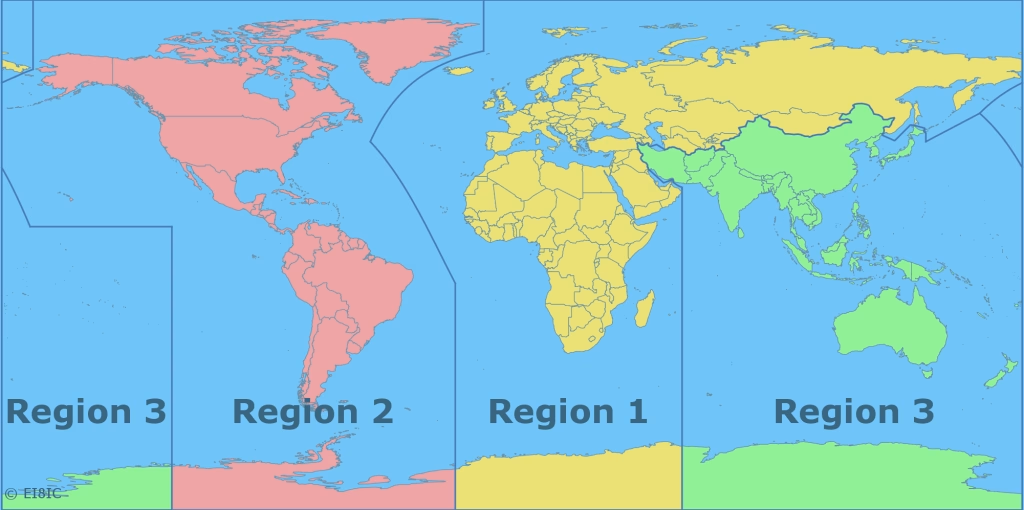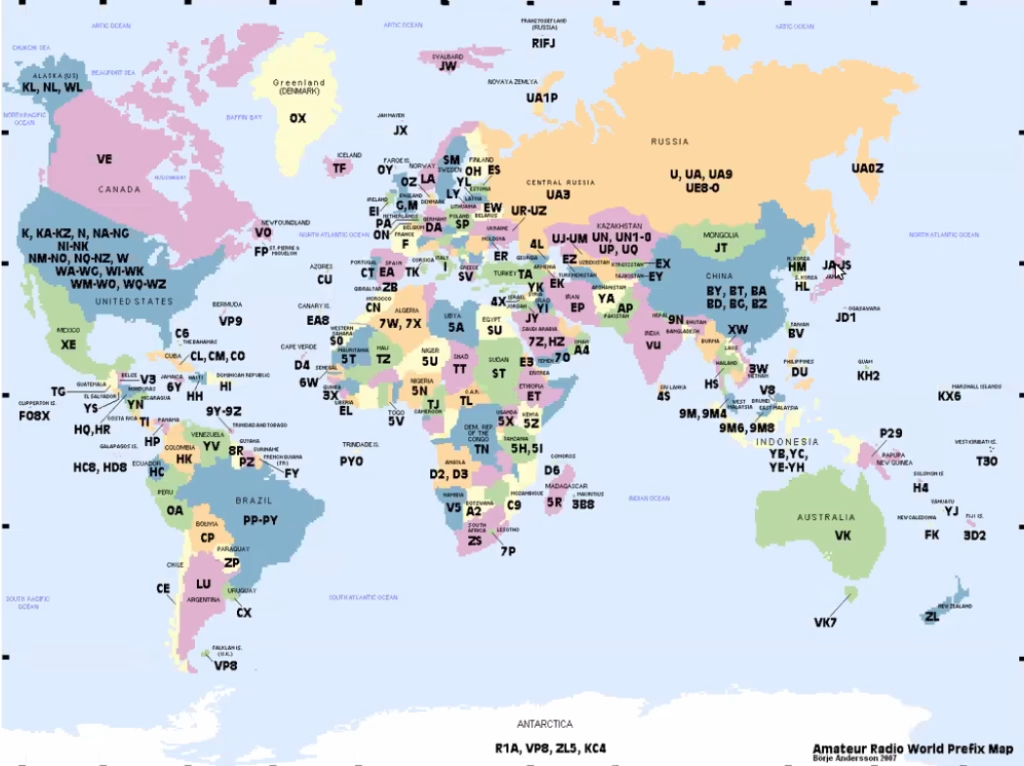Last updated on 2025-11-07 at 11:18 EST (UTC-05:00)
The first class for the Radio Amateurs of Canada (RAC) course was held tonight, September 18th, 2025.
The opening class of the Amateur Radio course introduced the foundations of amateur radio, beginning with its international and national regulatory framework. The International Telecommunication Union (ITU) was presented as the UN agency that manages the global radio spectrum, divides the world into three regions for frequency allocations, and sets rules that all operators must follow.
We learned how these global rules are applied in Canada through the Radiocommunication Act (1985) and the work of Innovation, Science and Economic Development Canada (ISED), the department that licenses amateur stations and enforces technical standards. The concept of the amateur radio service was explained as a non-commercial activity for self-training, intercommunication, and technical experimentation.
The class also introduced the key organizations that support amateur radio:
- International Amateur Radio Union (IARU) – representing radio amateurs globally since 1925, working to protect frequency allocations and expand opportunities for experimentation.
- Radio Amateurs of Canada (RAC) – the national body representing Canadian amateurs, providing services like The Canadian Amateur magazine, a QSL bureau, liability insurance for clubs, youth education programs, and emergency communications support.
- Canadian Amateur Radio Advisory Board (CARAB) – a consultative forum between RAC and ISED on regulatory issues.

Finally, the session touched on practical topics: the different classes of amateur radio certificates (Basic and Advanced), exam formats and procedures, study skills, and resources to help new operators succeed. We were reminded that passing the exam not only grants a license but also a free introductory RAC membership.

This first class set the stage by showing how amateur radio is much more than a hobby: it is a globally coordinated, nationally regulated service supported by dedicated organizations and volunteers, with strong ties to public service and technical innovation.
So, onward to our second class on Sunday afternoon… I’d better get cranking on my homework!


Leave a Reply